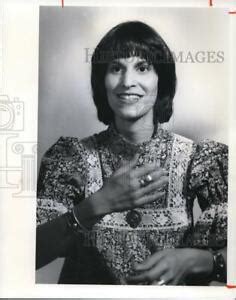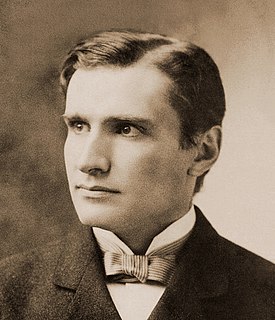A Quote by Dennis Price
He exhibits the most extraordinary capacity for middle age that I've ever encountered in a young man of twenty-four.
Quote Topics
Related Quotes
Today age segregation has passed all sane limits. Not only are fifteen-year-olds isolated from seventy-year-olds but social groups divide those in high school from those in junior high, and those who are twenty from those who are twenty-five. There are middle-middle-age groups, late-middle-age groups, and old-age groups - as though people with five years between them could not possibly have anything in common.
People between twenty and forty are not sympathetic. The child has the capacity to do but it can't know. It only knows when it is no longer able to do -after forty. Between twenty and forty the will of the child to do gets stronger, more dangerous, but it has not begun to learn to know yet. Since his capacity to do is forced into channels of evil through environment and pressures, man is strong before he is moral. The world's anguish is caused by people between twenty and forty.
I am strongly of the opinion that, after the age of twenty-one, a man ought not to be out of bed and awake at four in the morning. The hour breeds thought. At twenty-one, life being all future, it may be examined with impunity. But, at thirty, having become an uncomfortable mixture of future and past, it is a thing to be looked at only when the sun is high and the world full of warmth and optimism.
To me, the puzzle of Ronald Reagan is how a comparatively ordinary man, someone with not extraordinary talent, accomplished such extraordinary results. At the age of 50, no one expected that this was going to be the guy who would become, at least in my interpretation, one of the two most important presidents of the 20th century.




































